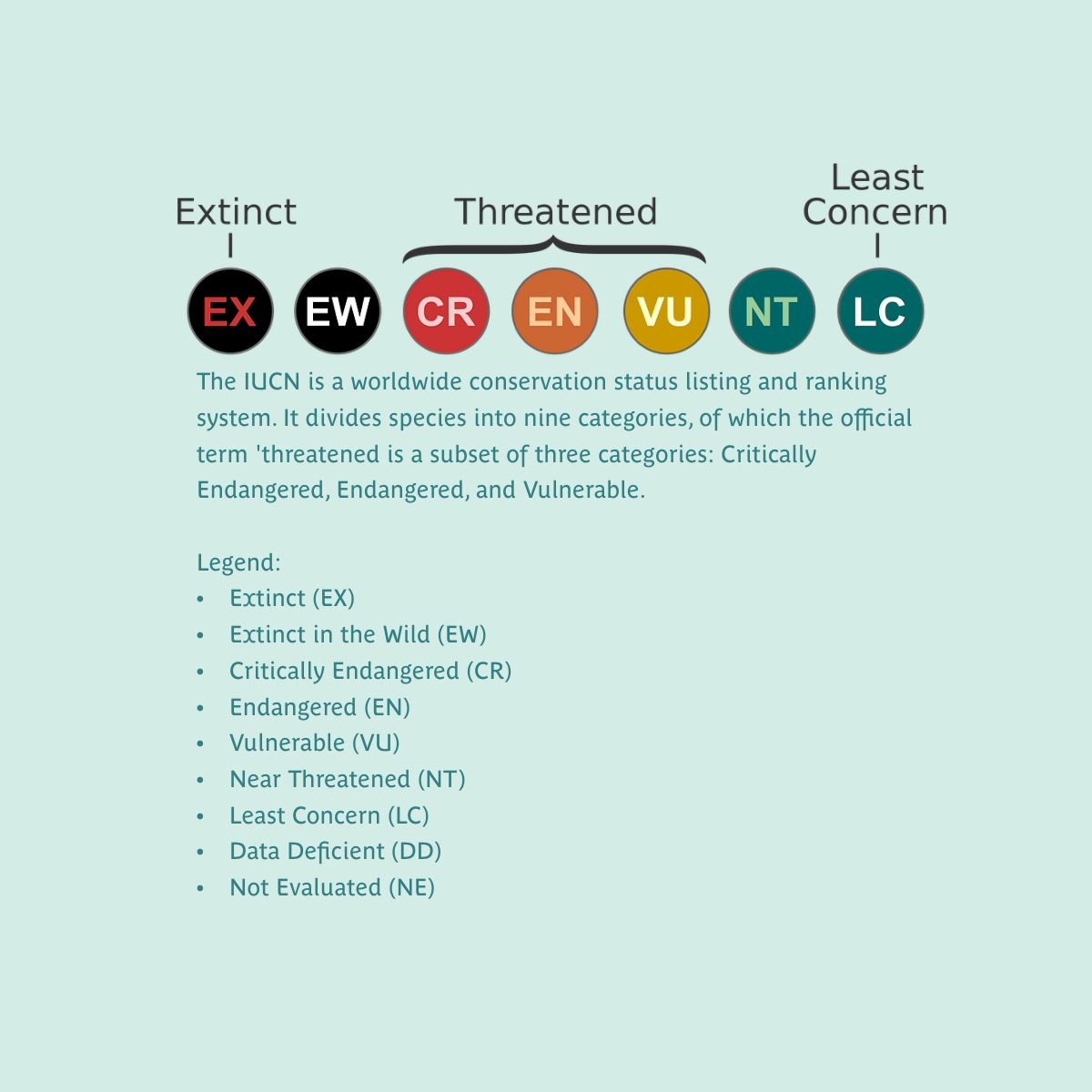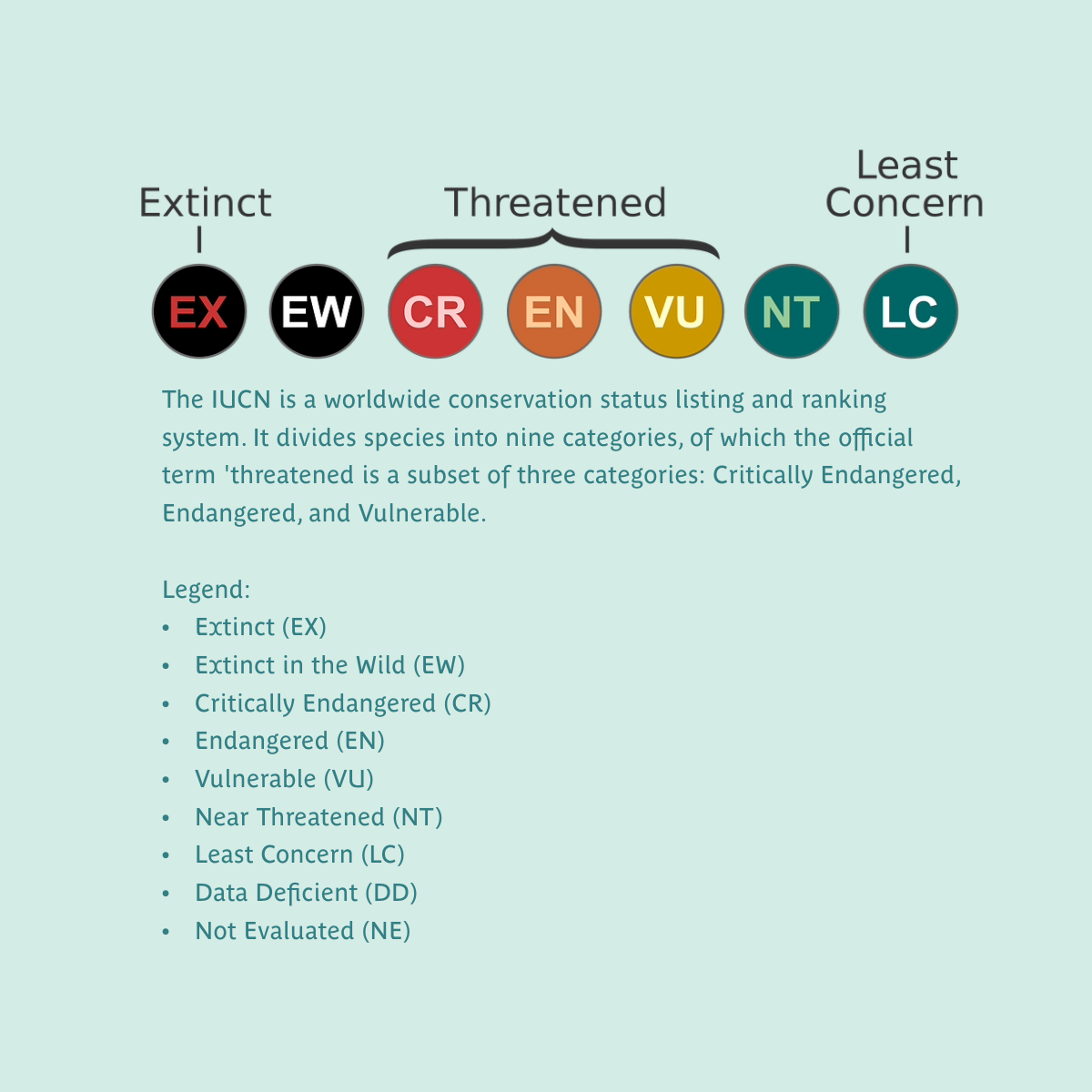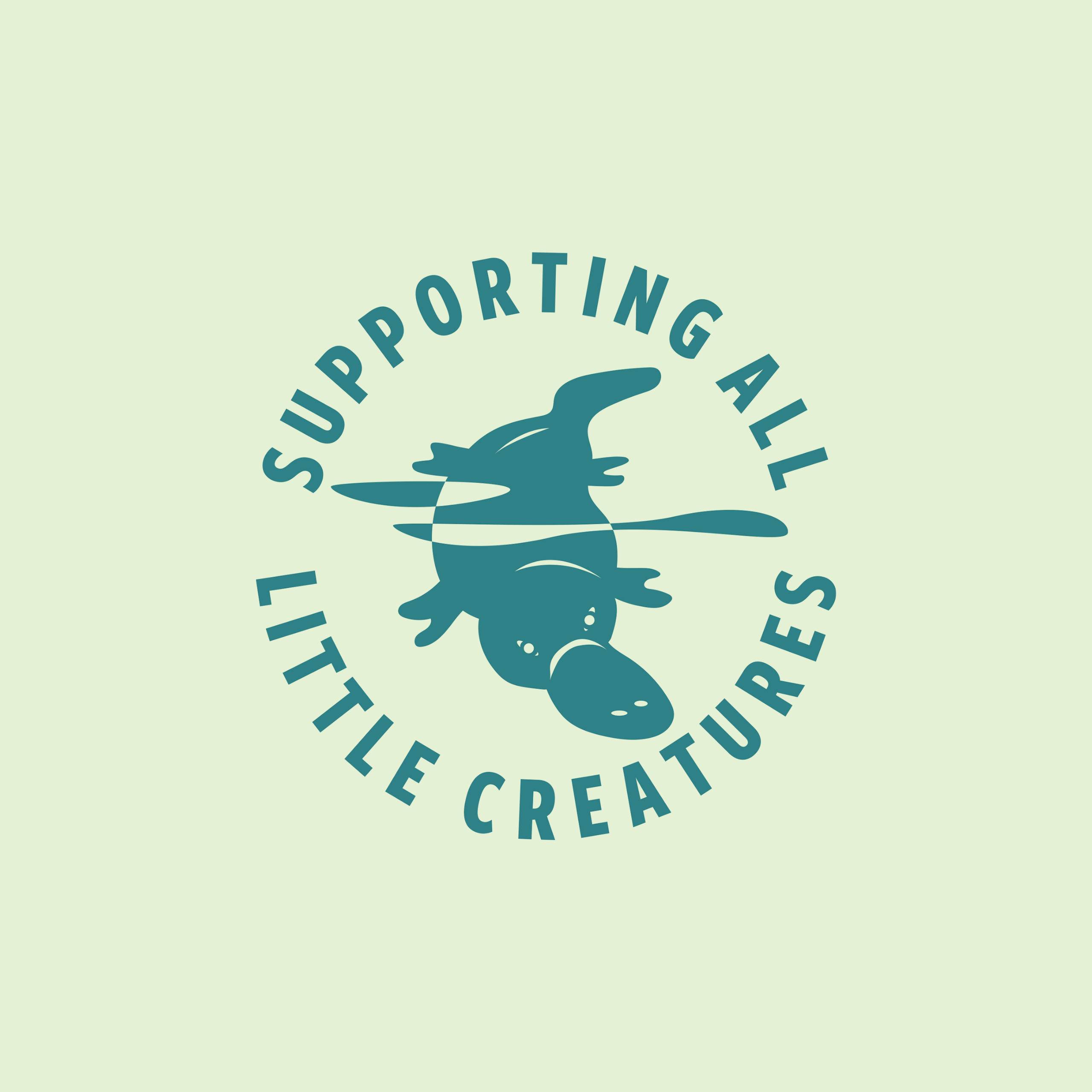Fun Facts
Echidnas love to dig and move around 7 tonnes of dirt a year - that's equivalent to 8 trailer loads!
Their digging is really good for the environment. It helps improve soil health, promotes plant growth and keeps carbon in the soil.
The Echidna is a mammal but lays eggs! Mammals which lay eggs are called Monotremes and there are only two living Monotremes in the world which do this, Echidnas and Platypuses. Baby Echidnas are called Puggles.
Echidnas have incredibly long sticky tongues (up to 17cm) which they use to catch food, including ants and termites.
They are surprisingly good swimmers and can swim across creeks, rivers, dams and along beaches.
Where can you find them?
Echidna’s are the most widely found mammal in Australia. They can be found throughout Australia in almost all habitats including deserts, rainforests, bushland and snowy mountains.
Kangaroo Island Subspecies Endangered (Least Concern for general species)
Conservation Status
The Kangaroo Island echidna subspecies is listed as Endangered. The primary threat to echidnas is habitat loss, as well as introduced predators and motor vehicle accidents.
The South Australian National Parks and Wildlife Act 1972, June 2023, lists the Short-beaked Echidna (Kangaroo Island) subspecies as Endangered.
Short-beaked Echidnas as a general species are classified as Least Concern on the IUCN Red List. Source: Aplin, K., Dickman, C., Salas, L. & Helgen, K.2016.Tachyglossus aculeatus.The IUCN Red List of Threatened Species2016: e.T41312A21964662.https://dx.doi.org/10.2305/IUCN.UK.2016-2.RLTS.T41312A21964662.en. Accessed on28 July 2023.
Caring for Australia's Wildlife
We want our little ones, and yours, to grow up with a healthy planet, where native plants and animals thrive. That’s why we donate 1 cent from every product sold to support Australian wildlife. We also seek to minimise our impact on the environment wherever possible.
Australian Wildlife facing threats to survival are featured on our packaging, to help raise community awareness and support for these important animals.








